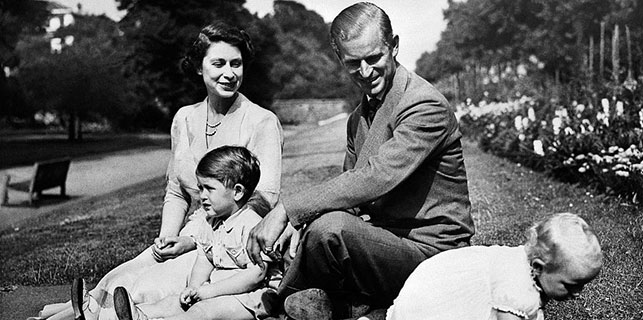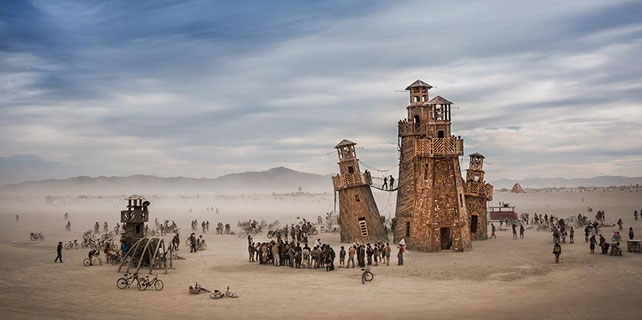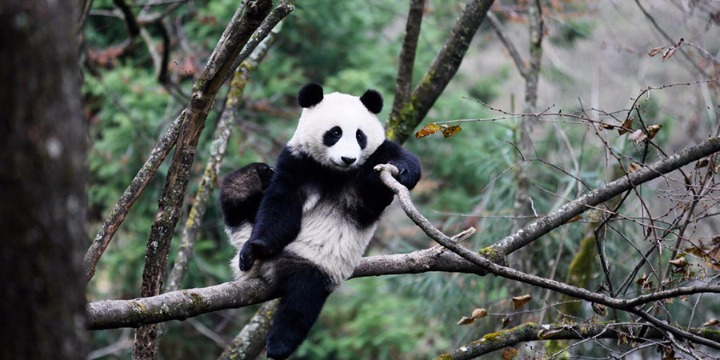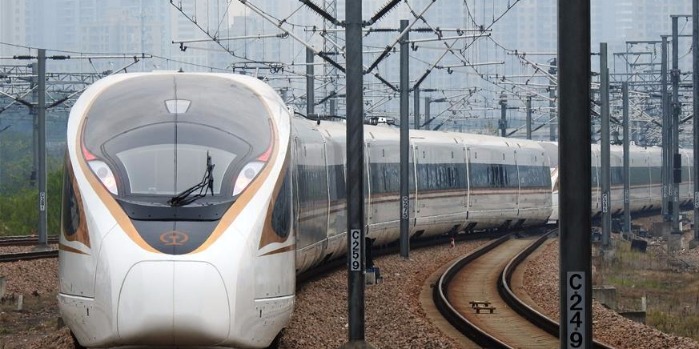Profiteers ordered away from temples
China on Thursday banned businesses from getting involved and profiting from Buddhist or Taoist temples' operations and religious activities.
Buddhist and Taoist religious leaders said the move will ensure the healthy development of the two religions, as many commercial activities in their names have long been damaging the religions' image.
People have voiced concerns that temples are being turned into moneymaking machines by some businesses. Some people have said the businesses invest in constructing and operating temples just to make a profit. Such behavior has triggered social problems and even cultivated corruption, said a State directive published on Thursday banning businesses from profiting through temples.
No group or individual is allowed to invest in constructing and operating Buddhist and Taoist temples, which are supposed to be nonprofit entities, according to the directive jointly issued by 12 departments including the State Administration of Religious Affairs, National Development and Reform Commission and China National Tourism Administration.
Although temples are allowed to engage in commercial activities, such as publishing books or selling religious objects and artwork, the activities should be for maintenance and operation of temples or for charity programs, it added.
Master Xuecheng, head of the Buddhist Association of China, said in March that some people have been using Buddhism as a tool to make money, which is why fake temples and monks have begun to appear.
"Many of the commercialized Buddhist temples are actually not authorized religious facilities run by religious personnel," Master Xincheng, head of the Buddhist Association of Jiangsu province, said on Thursday.
Staff members in those temples force people to pay ridiculously high prices for lighting incense to prove they are devout Buddhists, Xincheng said. "People will then think all temples are like that, so the reputation of authorized temples are damaged too."
The directive prohibits unauthorized religious facilities to put out donation boxes. Collecting donations from unauthorized online platforms is also banned.
The government will crack down on organizations and individuals that hire fake monks or Taoists and hold illegal rituals to collect donations or encourage irrational spending on religious rituals.
The directive stated that tourist sites with Buddhist and Taoist temples as key attractions shouldn't overcharge for tickets.
Building such a scenic spot in the future will go through stricter approval processes to prevent a "religious craze" in the name of developing tourism.


















